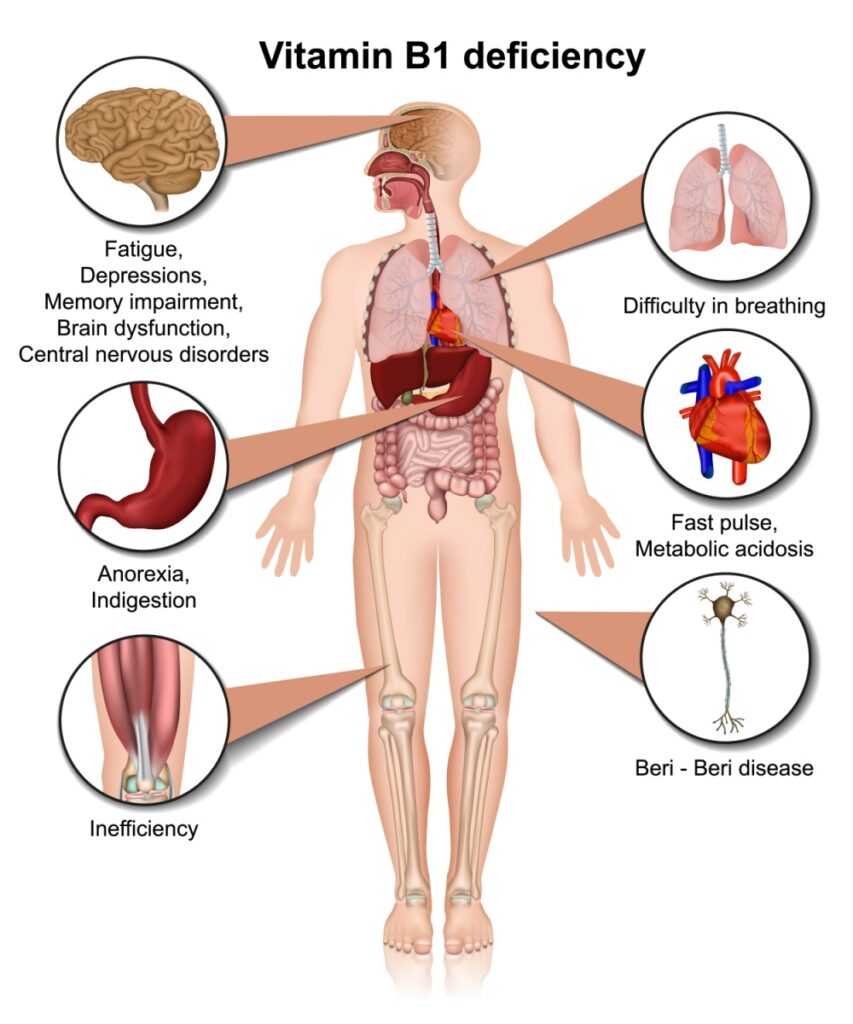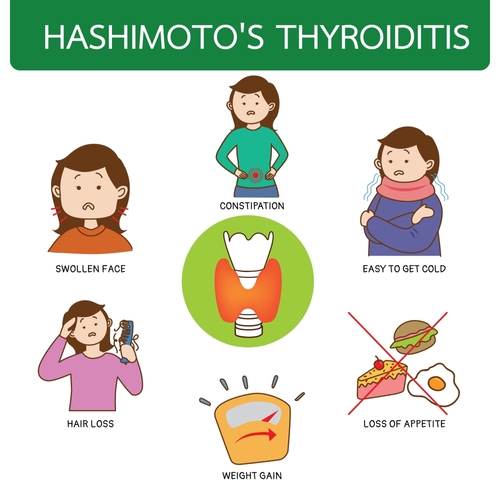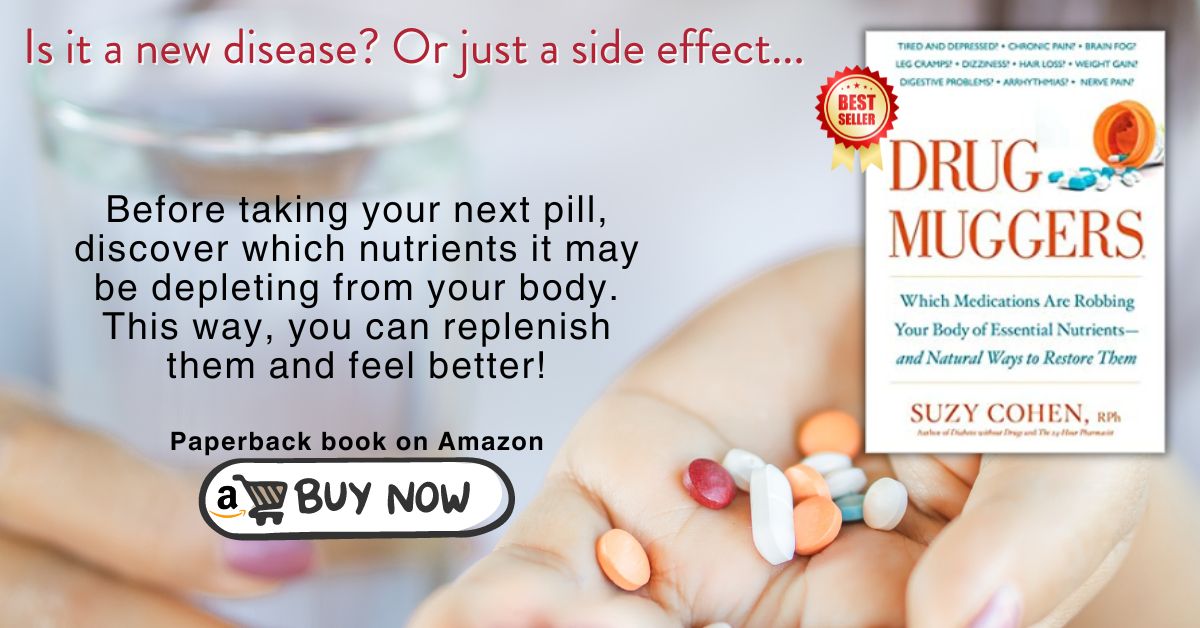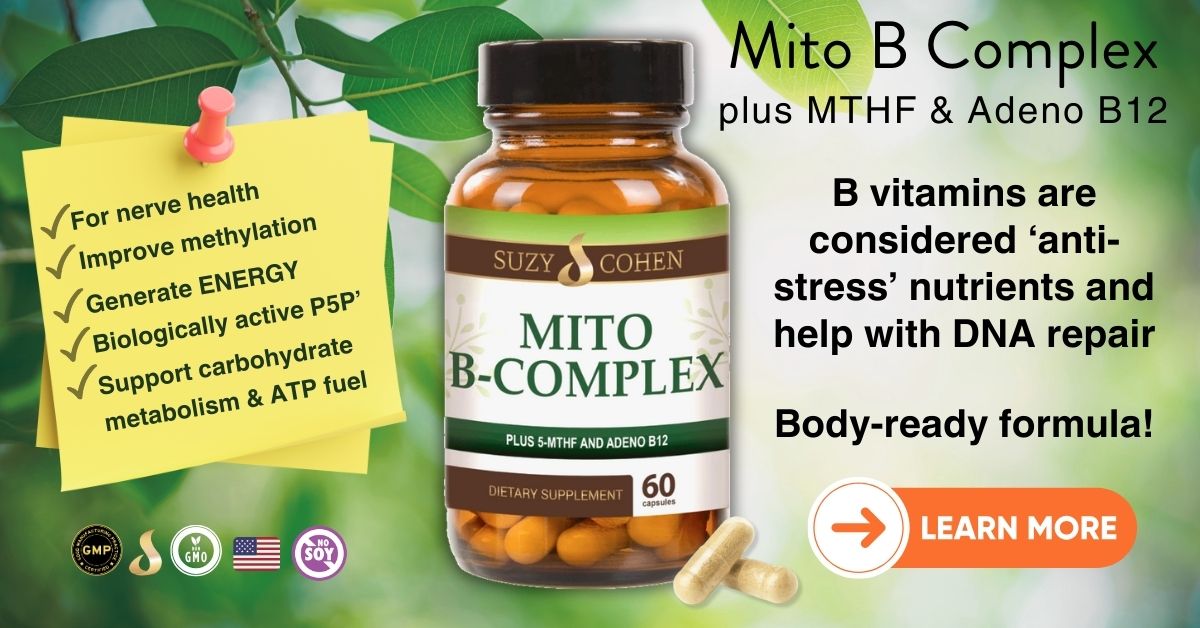What's On This Page?
ToggleToday I’m diving deep into a topic that touches many of our lives: The impact on our mind of alcohol and other factors. I’ll also discuss thiamine (vitamin B1). As we explore the often overlooked consequences of our lifestyle choices, I’ll also introduce the concept of the “banana bag” and discuss practical strategies for protecting and replenishing our thiamine levels.
The Hidden Risks of Alcohol
Somebody’s convinced us that wine is a health drink. This misconception not only increases your risk of pancreatitis but also triggers a barrage of inflammatory chemicals in your body. From wrinkles and pain to liver damage and premature grey hair, the effects are more than skin deep.
Alcohol messes with your mind too, depleting essential nutrients like thiamine, which can lead to memory issues and difficulty in word retrieval. Remember this the next time you’re sipping red wine or sharing a round with friends – it could be putting you on the fast track to nutrient depletion. You may be interested to know, My Brother Was a Secret.
Understanding the “Banana Bag”
Ever heard of a “banana bag”? It’s not what it sounds like. This yellow-colored IV bag is a lifeline, filled with thiamine and other nutrients, used to restore vital nutrients in individuals after chronic alcohol use or in those suffering from severe nutrient deficiencies due to illness or other conditions. While it’s a critical intervention, it’s also a wake-up call about the severe impacts of certain lifestyle choices. It’s also sometimes called a Meyer’s Cocktail.
Nowadays, you can find companies that will come to your house (no prescription needed) to hang an IV bag that contains nutrients and saline. This is amazing because you can arrange it if you don’t feel well,and you’re recovering from food poisoning, or a hangover, or a bad flu, and so forth. Used to be really hard to get! Now, it’s arranged with your finger on your cell phone!
The Crucial Role of Thiamine
Thiamine, or vitamin B1, is indispensable. It supports hundreds of biochemical reactions, particularly in your brain. A deficiency can lead to serious health issues like burning mouth syndrome, glossitis, and even neuropathies that might be mistaken for normal aging. But it’s far from normal—it’s a desperate cry for help from your body.

Clinical Insight: Thiamine’s Power in Reversing Alcohol Toxicity
In a revealing 2013 animal study in India, researchers demonstrated that thiamine could significantly reverse brain and liver damage caused by prolonged alcohol exposure. This study underscores the potential of thiamine not just in treatment settings but as a preventive measure for those who consume alcohol, even socially.
The Broader Impact of Lifestyle Choices: Mind Over Matter
It’s not just alcohol that depletes thiamine—coffee, smoking, and various medications including antibiotics and acid blockers are also culprits. To understand if your medication could be affecting your thiamine levels, refer to “Drug Muggers” and specifically Chapter 21. Awareness and proactive management of these factors are crucial to maintaining good health.
Thiamine and Autoimmune Disorders
Recent studies, including a small case series on individuals with Hashimoto’s Thyroiditis, suggest that high doses of thiamine can significantly alleviate symptoms like fatigue in those suffering from autoimmune thyroid disorders. This connection highlights the broader implications of thiamine in immune function and energy metabolism.it
I’ve written quite a bit about autoimmunity, and here are a couple of articles you can read. Further, you can use my search box to look up any topic you like.
Embracing Lactoferrin: A Guide To 13 Natural Tactics For Autoimmune Relief.
8 Strategies To Reduce Histamine And Ease Hashimoto’s & Autoimmune Disorders.

Testing for Thiamine Deficiency
Determining thiamine levels can be tricky. While blood tests are available, they are not always definitive. Maybe you want to ask your doctor about “whole blood” thiamine testing. You can read about that on Mayo’s SITE.
Benfotiamine
Benfotiamine is a synthetic derivative of thiamine (vitamin B1), developed primarily to treat thiamine deficiency more effectively.
It is a fat-soluble form of thiamine and offers several advantages over the water-soluble forms commonly found in B-complex vitamins.
I put this type of thiamine into my own formula called Mito B Complex. See below for more information on that.
Key Advantages of Benfotiamine Over Traditional Thiamine
- Higher Bioavailability: Benfotiamine is more bioavailable than water-soluble thiamine. Being fat-soluble, it passes more easily through cell membranes in the intestines, leading to higher absorption rates in the body.
- Better Retention: Once absorbed, benfotiamine is converted back into thiamine but remains in the body longer than water-soluble thiamine, which tends to be excreted more quickly. This extended presence allows for more sustained vitamin activity.
- Improved Nerve Health: Benfotiamine has been particularly noted for its benefits in treating peripheral neuropathy and other neurological conditions. Studies suggest that it can help reduce symptoms of nerve damage, potentially due to its ability to increase levels of thiamine pyrophosphate (TPP), a coenzyme essential for nerve function.
- Antioxidant Properties: Benfotiamine may offer antioxidant benefits, helping to reduce oxidative stress and inflammation, which are underlying factors in many chronic conditions, including diabetes and cardiovascular diseases.
- Diabetic Complications: Benfotiamine has been researched extensively for its role in preventing diabetic complications.* Benfotiamine can help block pathways that lead to vascular damage in diabetes, particularly in the kidneys, retinas, and peripheral nerves.
Benfotiamine is particularly beneficial for individuals with specific health concerns, such as diabetes-related nerve damage or those who might benefit from a more absorbable form of vitamin B1. However, as with any supplement, it is crucial to ask your doctor.
Summary
Today, we’ve covered a lot of ground, from debunking myths about alcoholic beverages to understanding the critical role of thiamine in our health. It’s clear that while banana bags and high-dose supplements can be lifesavers, the best approach is preventive – managing our diet and lifestyle choices to support our health.
Remember, knowledge is power, and making informed choices can help us lead happier, healthier lives. Stay tuned for more eye-opening discussions and always feel empowered to take charge of your health journey.
Thank you for joining me on this exploration of thiamine and its importance. Remember, starting low and going slow is key, and always consult with a healthcare professional to find the best approach for you. Stay healthy and informed!

Suzy Cohen, has been a licensed pharmacist for over 30 years and believes the best approach to chronic illness is a combination of natural medicine and conventional. She founded her own dietary supplement company specializing in custom-formulas, some of which have patents. With a special focus on functional medicine, thyroid health and drug nutrient depletion, Suzy is the author of several related books including Thyroid Healthy, Drug Muggers, Diabetes Without Drugs, and a nationally syndicated column.



